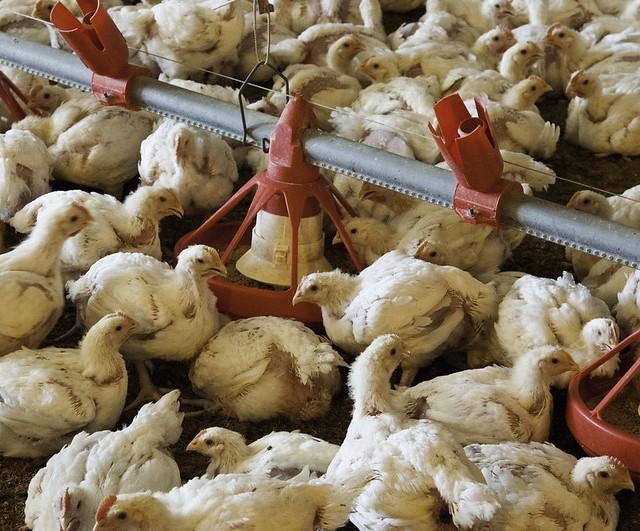Infection
UK surveillance report shows rise in bloodstream infections, antibiotic use
A multinational collection that includes some of the biggest names in poultry production has signed on to an effort to reduce the need for the use of antimicrobials on farms.
The 11 organizations—including Cargill Inc., Tyson Foods, McDonalds, the British Poultry Council, Chicken Farmers of Canada, and the Animal Husbandry Association of Vietnam—announced yesterday that they’ll adopt antimicrobial stewardship principles developed by the Transformational Strategies for Farm Output Risk Mitigation (TRANSFORM) project. They join 8 other organizations that have already endorsed the principles. Collectively, the 19 organizations represent over 30% of global poultry production.
By advancing science-based antimicrobial use stewardship principles, we are able to create an ecosystem where animal health improves, the need for antibiotic use decreases, and animal production increases.
By committing to these principles, the organizations are agreeing to take a risk-based approach around each instance of antimicrobial use and to adopt farm management practices that improve animal health and reduce the need for antimicrobials. The TRANSFORM principles also call for poultry producers to use antimicrobials only in compliance with national authorizations, and to use medically important antibiotics only under a supervising veterinarian’s diagnosis and oversight.
Reducing the risk of zoonotic diseases, AMR
TRANSFORM is a collaboration between Cargill, the International Poultry Council, and Heifer International and is part of the US Agency for International Development’s Global Health Security Program. The project is working in Kenya, India, and Vietnam to increase the capacity of small- and large-scale farmers, governments, and agribusinesses to prevent emerging zoonotic diseases and mitigate antimicrobial resistance (AMR).
“By advancing science-based antimicrobial use stewardship principles, we are able to create an ecosystem where animal health improves, the need for antibiotic use decreases, and animal production increases,” Annie Kneedler, Chief of Party for TRANSFORM, said in a press release. “These collective efforts contribute to the Global Health Security Agenda goals of reducing the risk of antimicrobial resistance and zoonotic diseases, lessening their impacts on the health of humans around the world.”

